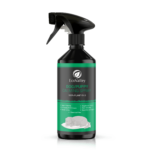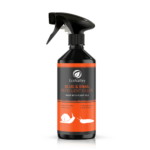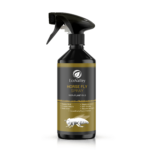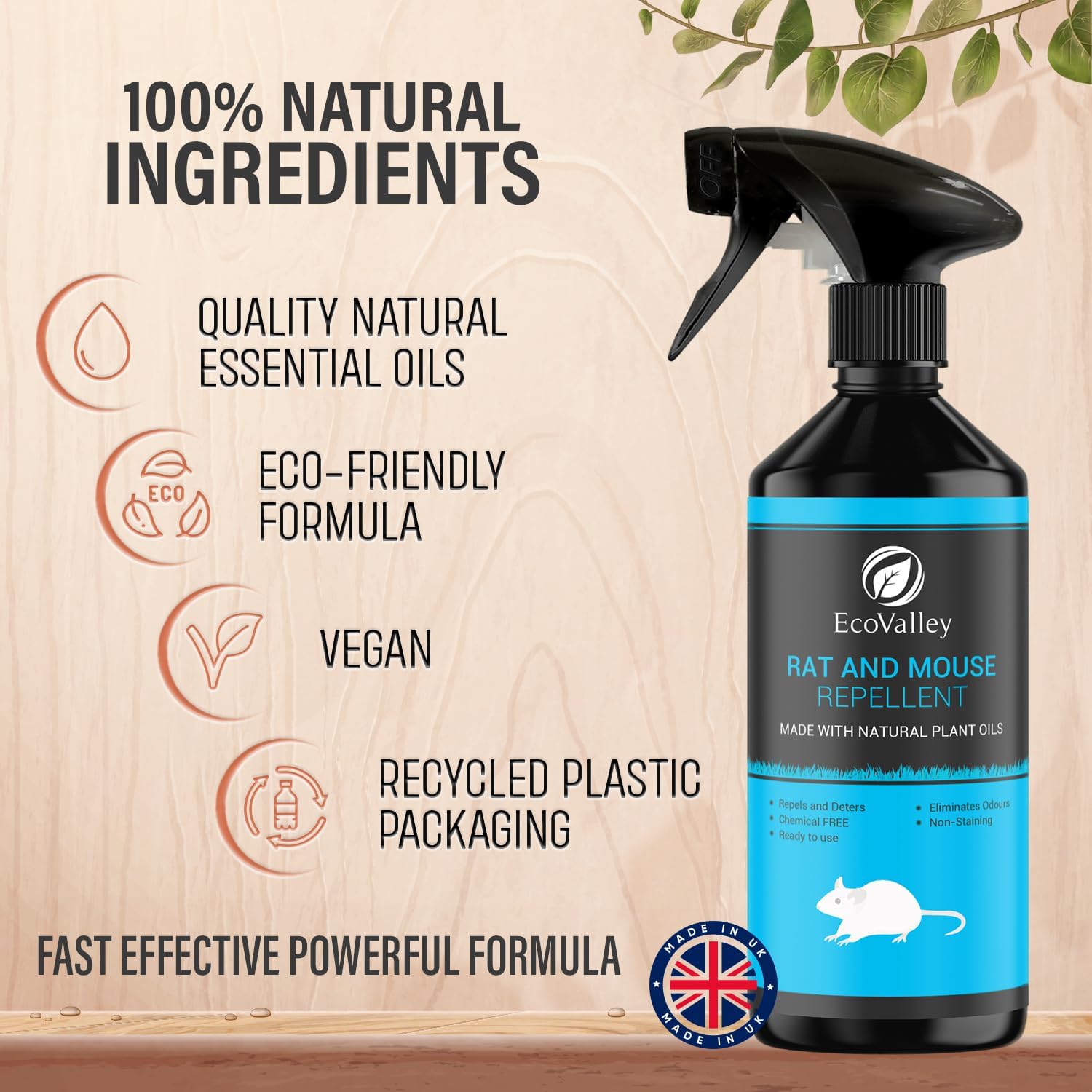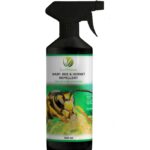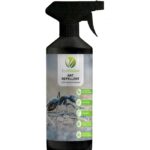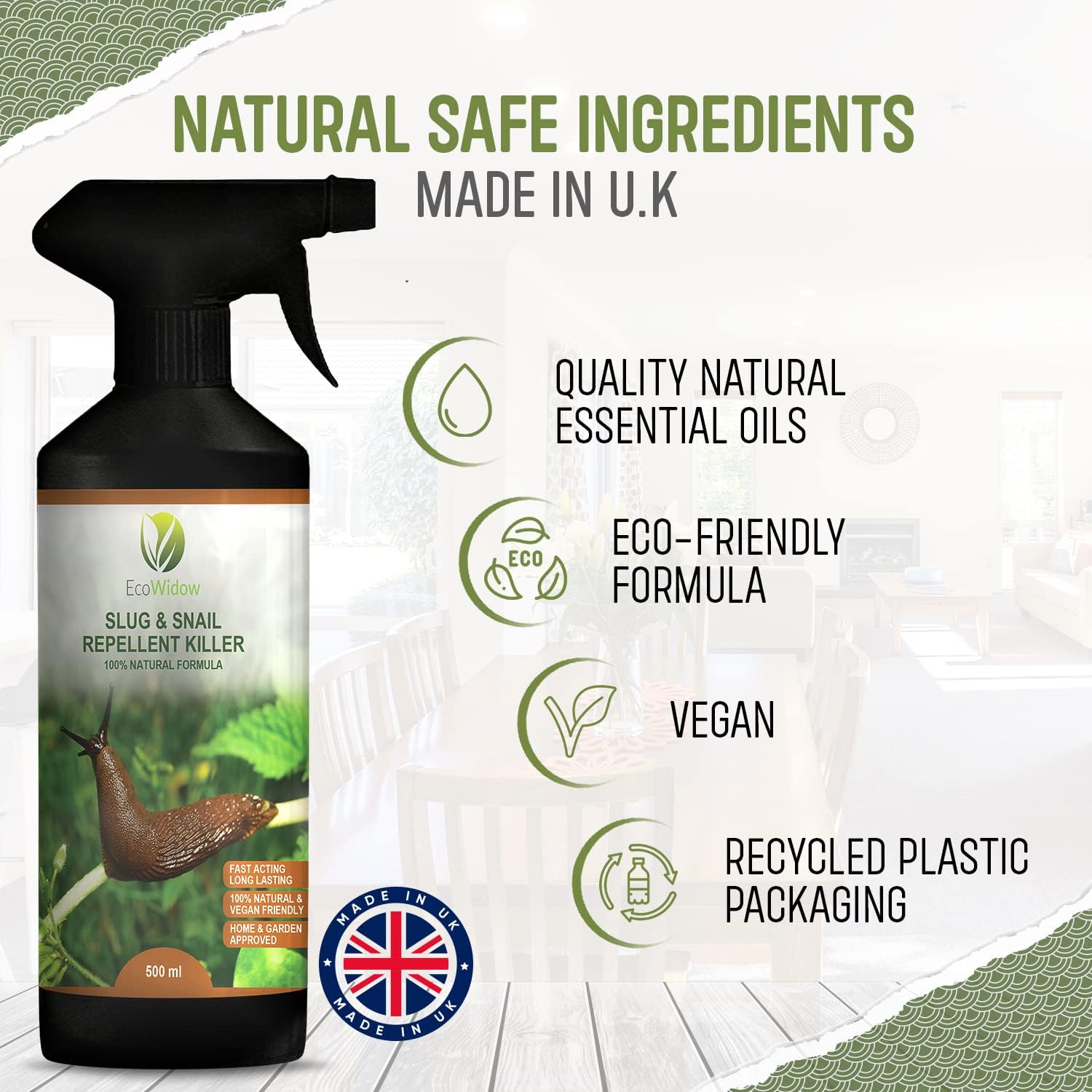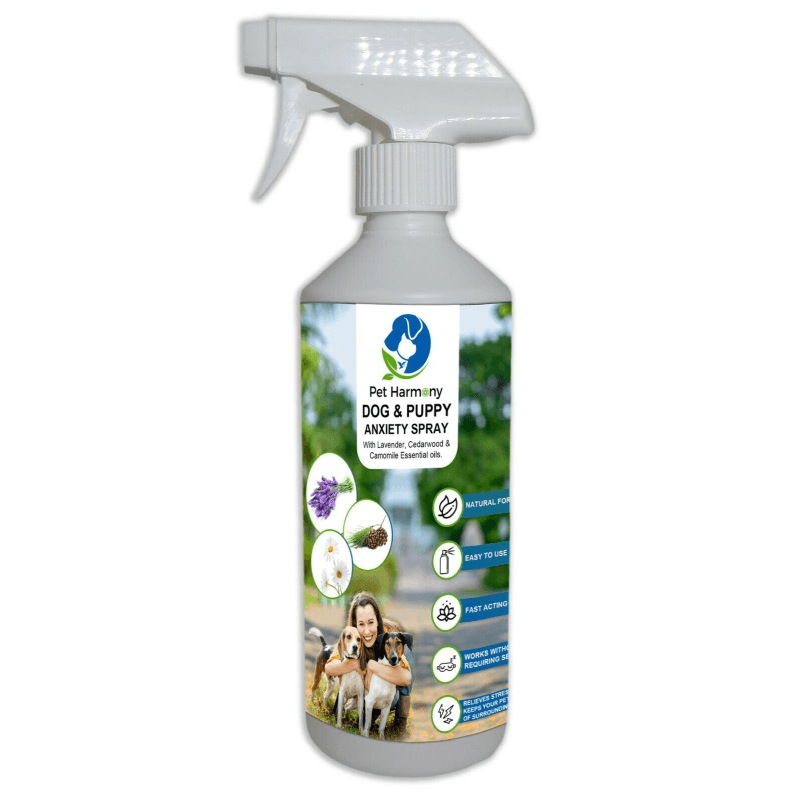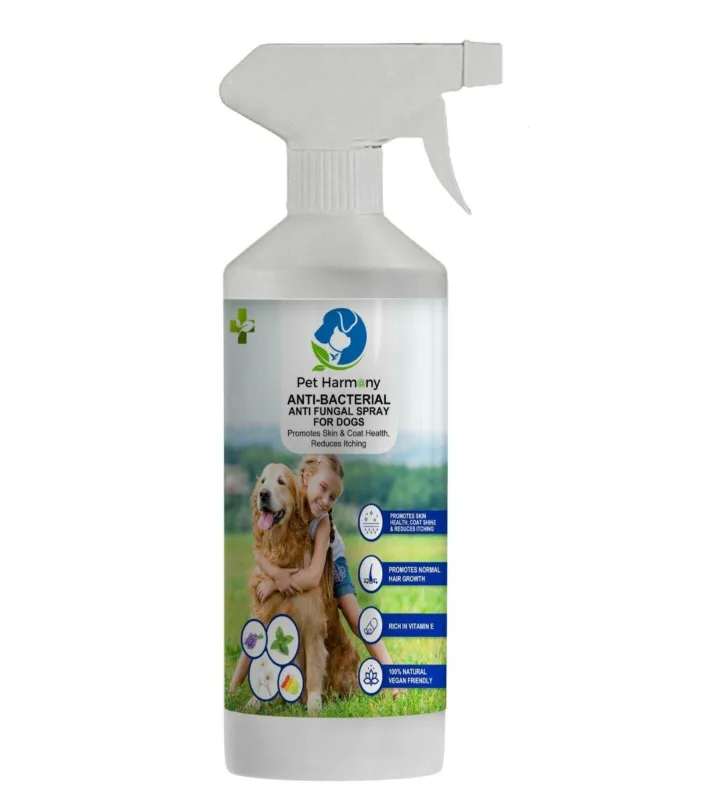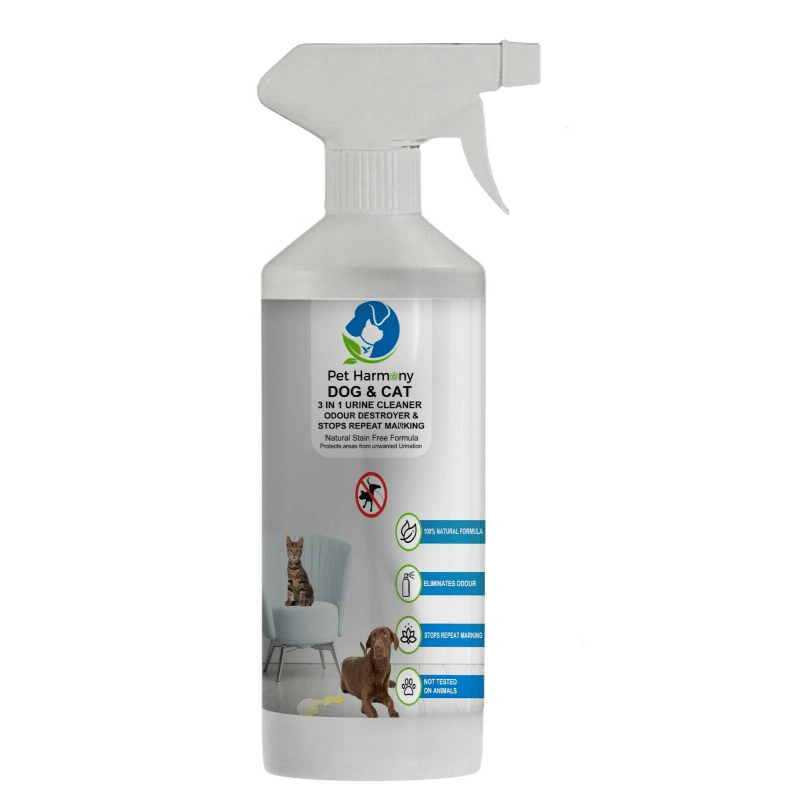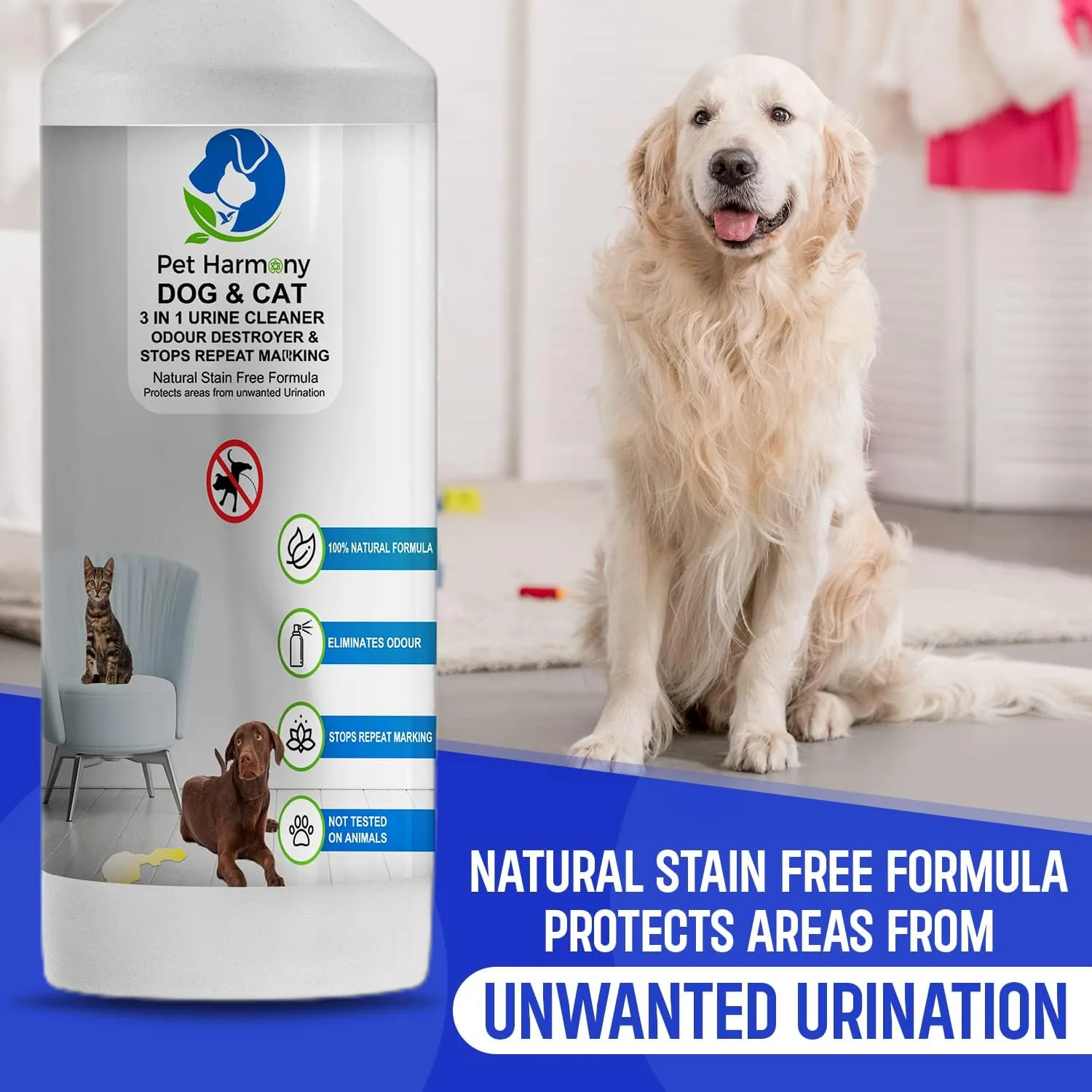As pet parents, we live and breathe to ensure the happiness of our pets. What our pups eat, from the best dog food to nutritious treats, is critical to their overall health. In order to keep your dog’s immune system strong and fight off illnesses like renal and heart disease, you should feed it a well-balanced diet that includes a lot of different foods.
It’s not surprising that protein sources comprise a significant portion of a dog’s diet. Not only do protein sources give energy and taste excellent, but they also contain components such as oils that are necessary for coat and immune system health. Salmon oil and fish oil are two of the most popular supplements, and with good reason. They provide a variety of benefits, including glowing skin and keen cognitive performance.
This simple article will teach you everything you need to know about salmon oil for dogs. You’ll learn about the benefits of salmon oil, how to administer it to your pet, and where to purchase the best pet supplements.
Salmon Oil’s Health Benefits for Dogs
Salmon oil is filled with anti-inflammatory chemicals that promote heart, brain, and skin health. As with fish oil supplements, salmon oil is high in omega-3 and omega-6 fatty acids. Dogs’ cognitive function, joint health, and vision are critically affected by omega-3 fatty acids. Salmon oil contains two forms of omega-3 fatty acids: docosahexaenoic acid (DHA) and eicosapentaenoic acid (EPA) (EPA). The DHA and EPA fatty acids found in salmon oil may help canines in the following ways:
Cognition
DHA is required for normal brain function, learning, and growth in puppies. According to an Iams study, puppies that received DHA supplementation during breeding and the early phases of puppyhood outperformed dogs that did not receive DHA on cognitive tests. Additional research indicates that DHA is beneficial for puppies’ brain development. Researchers found that when puppies ate more DHA in their food, they did better on visual, memory, and learning tests than puppies who ate a placebo.
Skin and Visual Perception
EPA and DHA may also help maintain healthy skin and coat in dogs, as well as alleviate symptoms associated with dog skin problems. In one meta-analysis, omega fatty acids present in salmon and fish oils were reported to effectively treat pruritic skin conditions and skin rashes induced by seasonal allergens. Dogs who took DHA and EPA supplements had better coats and less scratching than dogs who took placebos.
Additionally, omega fatty acids have a critical function in eyesight and early development. This is because these long-chain acids are required for the formation of cellular structures. Providing your dog with enough essential fatty acids will help keep their eyes healthy and may help them avoid major health problems.
Cardiovascular Health
Giving your dog salmon oil may help maintain a healthy heart. Omega-3 fatty acids have been shown to have anti-inflammatory and anti-arrhythmic characteristics, which may benefit dogs with certain cardiac diseases. Omega-3 fatty acids may also aid in the stabilisation of cells in the heart muscles, which may help with an irregular heartbeat and other cardiovascular issues.
System Immune
Salmon oil, which contains omega-3 and omega-6 fatty acids, is also beneficial for a dog’s immune system. These necessary nutrients may be beneficial in the treatment of inflammatory and autoimmune conditions. The vital nutrients promote a healthy inflammatory response, which alleviates joint and hip discomfort. Researchers also found that fatty acids may help ease the symptoms of more serious joint disorders and may help T-cell immune responses to specific stimuli.
How to Give Salmon Oil to Your Dog
Salmon oil is simple to incorporate into your dog’s diet. As always, consult your veterinarian prior to making dietary modifications. Your veterinarian can assist you in determining the appropriate amount of salmon oil for your pet based on his or her body weight. Additionally, a veterinarian can prescribe the most effective methods for administering it to your dog. Never offer your dog fish oil or soft gels of human quality. Utilize only dog-specific products.
Generally, salmon oil for dogs is liquid. You can add critical nutrients to their meals using a dropper or a pump bottle dispenser. This will give moisture and taste to dry kibble, which the majority of dogs enjoy.
If your dog is not a fan of salmon oil being added to his or her diet, look for salmon oil-containing soft chews, such as our Omega Salmon Chews. Our chews are created with wild Alaskan salmon, kelp, and DHA to aid in the wellness of your pup. They’re soft and easy to chew, making them an excellent choice for dogs of all ages, from puppies to senior citizens.
How to Properly Store and Select Salmon Oil
Before giving your puppy salmon oil, always check the expiration date on the bottle or chews. After administering salmon oil to your dog, keep the container in a dark, cold spot or refrigerate it. Salmon and other fish oils can become rancid if they are exposed to high temperatures on a frequent basis.
Additionally, it is critical to use only high-quality items. Always purchase dog supplements from reliable manufacturers whose labels clearly describe the contents. Depending on the method of production, many fish products contain significant levels of mercury and toxins. These pollutants can make their way into your dog’s system, causing health concerns.
To avoid this, choose salmon oil products derived from responsibly harvested or wild-caught fish. These fish are generally more nutritious and less harmful than farmed fish. Avoid drinks and chews containing salmon oil that are produced with synthetic substances or are loaded with preservatives and chemicals. These components may induce unpleasant effects or impair the fatty acids’ efficacy. Our Pick for the Best Salmon Oil
Pet Harmony’s High-Quality Salmon Oil
Your dog can obtain omega fatty acids from a variety of sources, including mackerel, krill, anchovies, sardines, and salmon. Many pet food, kibble, and treats have omega-3 fatty acid proteins as an extra benefit.
At Pet Harmony, we provide a comprehensive selection of fish and salmon oil supplements for your canine companion. Salmon offers a higher concentration of beneficial fatty acids than farmed salmon, ensuring that your pup receives the best nutrition available. Our salmon oil for dogs is conveniently packaged in a pump container, which allows you to easily add a spray to your dog’s food to add flavour and nutrition. Pet harmony salmon oil for dogs is made with 100% premium salmon oil (500ml per bottle).

Is it possible to give a dog too much salmon oil?
As with anything else, you can give too much salmon oil to your dog and end up with too much of a good thing. As with many items that are beneficial to us, if we consume them in excess, they might become less beneficial as the body’s balances fall out of whack.
For instance, salmon oil promotes anti-inflammatory and wound healing responses in the body, but excessive amounts might actually impede wound healing. As with anything else, as long as you adhere to our advised dosages, your pet will be OK and will reap significant benefits from the oil.
If you want to be extra cautious, after working up to the suggested dose and feeding it for 3–4 weeks to get it into the system, you can gradually decrease the dose to evaluate how your dog responds to a lesser level. However, if you’re feeding for joint or skin problems, we recommend that you keep up with the full recommended daily dose of food.
Can salmon oil cause an upset stomach in a dog?
If anything new to your pet’s diet is introduced too hastily, it might cause an upset stomach. We usually recommend gradually introducing salmon oil into your pet’s diet over a period of 7–10 days, especially if your pet has never had it before.
Is it necessary to keep salmon oil for dogs refrigerated?
It is not necessary to refrigerate our salmon oil for dogs. It contains a trace of natural tocopherol (Vitamin E, which has additional skin benefits), which naturally protects the oil and prevents it from getting rancid. You may refrigerate the oil if you desire; it will not hurt it, but it will become more viscous in consistency and may get slightly hazy (think of a good quality olive oil when it gets cold).
This is absolutely innocuous and will revert to normal when the room temperature returns to normal. We recommend storing your oil away from direct sunlight and areas with frequent temperature changes. It will thrive at a constant room temperature or slightly below. A cupboard is usually an excellent choice.
Should I give salmon oil to my dog?
We are firm believers that adding salmon oil for dogs to your dog’s food is one of the best things you can do.
Because their bodies are incapable of producing Omega 3, it is critical that they obtain it through their diet. Due to the fact that many people don’t get enough of important fatty acids like Omega 3, they must be added to their diets.
The beauty of salmon oil is that it supplements the diet with omega-3 fatty acids from fish in a controlled, calculated amount without adding additional protein. This is especially beneficial if your dog is currently on a balanced protein diet.
Salmon oil is not just for dogs and cats with specific health issues; it is for overall good health, and the healthier they are, the fewer medical appointments they will likely require.


